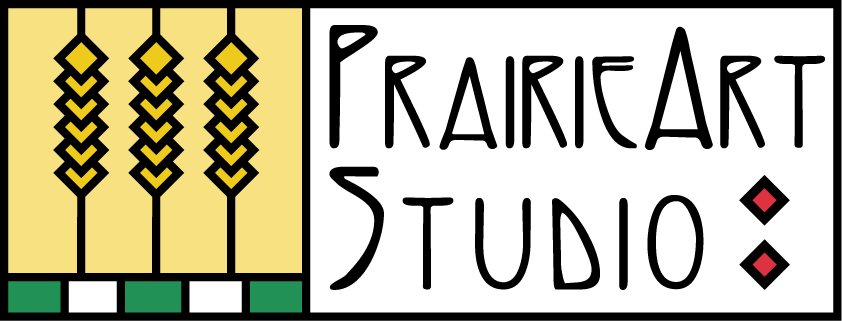Henri Matisse "Two Figures in a Landscape", 1921
If you have gone to art museums or galleries you will notice that you will see everything you could possibly imagine and you may not like all that you see. Everyone likes something different so praise, judgment or competition has no place in an art class. In my art classes I try to eliminate words like: Good, Bad, Better, Best and Mistake. I will not give my opinion of a student's drawing, I will give praise on their willingness to try something and advice about skills such as accurate perspective proportion or color theory but it's totally up to the student to do what they want to do. I encourage student's to look and learn from each other but do not allow them to comment on each other's work. Many famous artists have done masterpieces without accurate perspective or proportion. Student's need to learn to draw for themselves. If they do not like something they need to learn how to change it or accept it, grow and move on. Self esteem does not come from praise, it comes from accomplishment and solving problems.
Student's also need to realize it's OK not to like their drawing and that it's no big deal. They need to get used to only liking some parts of a drawing and learning how to make changes or start over. Even professional artists don't like all their work and it's not a good idea to try to give praise or talk a student into liking something they do not like. From his article "Five Reasons to Stop Saying "Good Job", parenting and education author, Alfie Kohn says, “Good job!” doesn’t reassure children; ultimately, it makes them feel less secure." It makes them feel manipulated and undermines interest and achievement. In regards to your children's artwork, rather than say "good job," it's much more constructive to provide feedback not judgment by saying what you see or to asking questions: "That's a colorful bird!", "Wow, you used a lot of pink in your picture!" or ask "What is your favorite part?", "How did you figure out how to draw this part?"
This doesn't mean encouragement and support is bad and all compliments and expressions of delight are harmful. We need to be more mindful though of the motives behind them and if they are actually helping the student become independent and motivated.
Resources:
Kohn, Alfie , Five Reasons to Stop Saying "Good Job" , September 2001. http://www.alfiekohn.org/article/five-reasons-stop-saying-good-job/
Mona Brookes, Drawing with Children, New York: Jeremy P. Tarcher/Penguin, 1996.

